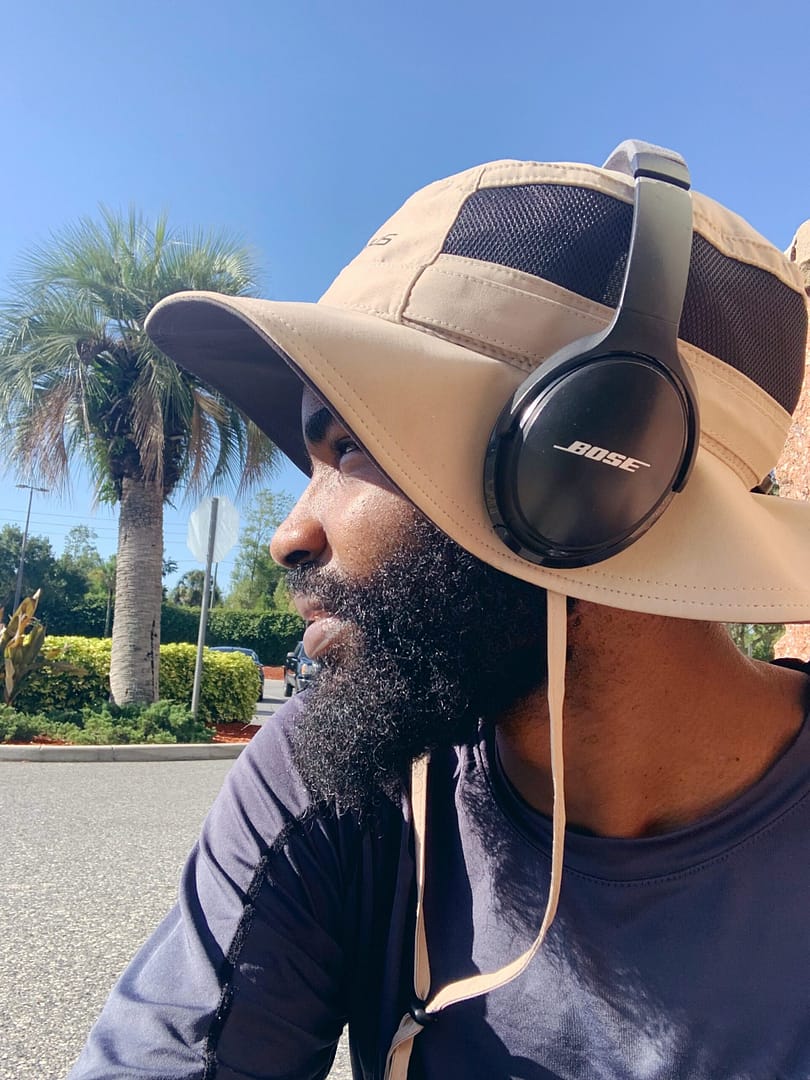An appointment with Buddha at the top of the Mountain: The Journey That Matters More Than the Destination
“No matter how spectacular the valleys are, the mountains will always attract us! “―Mehmet Murat ildan
An Appointment With Buddha At the Top of The Mountain.
There’s this great parable about two monks who were told that if they studied long and hard enough, they’d eventually earn an appointment with Buddha, somewhere at the top of the mountain.
Of course, they wanted that. So, they put in the work.
Studied like crazy.
And one day, they looked at each other and said, “Alright, we’re ready.”
So, they packed their stuff and started climbing. But halfway up the trail, disaster struck, one of them slipped and broke his leg.
Now, they had no choice but to stop and rest for the night.
The healthy monk took care of his friend, making sure he was as comfortable as possible, hoping that by morning, they could keep going. But when the sun came up the next day, the injured monk had developed a fever, and was in no condition to travel.
Now, the other monk had a tough call to make.
Should he leave his friend behind and go claim that long-awaited appointment with Buddha? Or should he stay?
Photo by Robin Thakur
A mountain is the perfect metaphor for life:
From a distance, the path looks clear and smooth. But the moment you start climbing, you realize it’s full of unexpected challenges, detours, and obstacles.
And if your mindset isn’t set on pushing forward, then every stumble becomes an excuse to turn back.
Now, imagine you’re on that climb with someone, and the unfortunate happened… Do you leave them behind to keep your appointment at the top? Or do you return to the valley?
The truth is, there’s no easy answer.
Leaving them behind might get you to the top, but at what cost?
Turning back means giving up on the summit,– at least for now.
So maybe the real journey isn’t just about reaching the peak.
Maybe it’s about who we become along the way.
The highest point on this journey isn’t about personal achievement, it’s about realizing we’re all in this together. Maybe helping someone else up the mountain is the real summit.
So, another question to ask oneself is: Do we chase what we want? Or do we work with what we’re given?
Because in the end, learning to work with what life hands us might just be the climb that matters most. And the other truth is: No matter how high you climb, you’ll have to come back down eventually. As the Turkish playwright Mehmet Ildan put it, “No matter how beautiful the summit is, you will return to the valley.”
Thanks for reading.
Related Stories:
- Dialogue With a Swami: The Teaching of Zen Master Seung Sahn
- The Monk Who Sold His Ferrari
- The Traveler’s Gift: Seven Decisions that Determine Personal Success
…



![Articles [64] Articles [64]](https://mlfwe0uloqyb.i.optimole.com/w:150/h:150/q:mauto/rt:fill/g:ce/ig:avif/https://i2.wp.com/www.leapessence.com/wp-content/uploads/2021/06/45EA97A2-642B-4540-AB24-65DB9DD7F9CC.jpeg)


![Dropping Ashes on the Buddha [Part 2] Dropping Ashes on the Buddha [Part 2]](https://mlfwe0uloqyb.i.optimole.com/w:150/h:150/q:mauto/rt:fill/g:ce/ig:avif/https://www.leapessence.com/wp-content/uploads/2024/01/IMG_2777.jpeg)

![Dropping Ashes on The Buddha:The Teaching of Zen Master Seung Sahn [Book Summary & Analysis] Dropping Ashes on The Buddha:The Teaching of Zen Master Seung Sahn [Book Summary & Analysis]](https://mlfwe0uloqyb.i.optimole.com/w:150/h:150/q:mauto/rt:fill/g:ce/ig:avif/https://www.leapessence.com/wp-content/uploads/2023/07/IMG_0694.jpeg)


